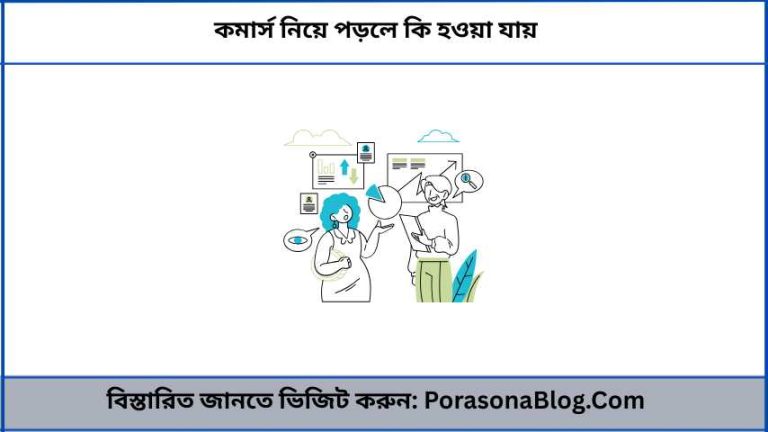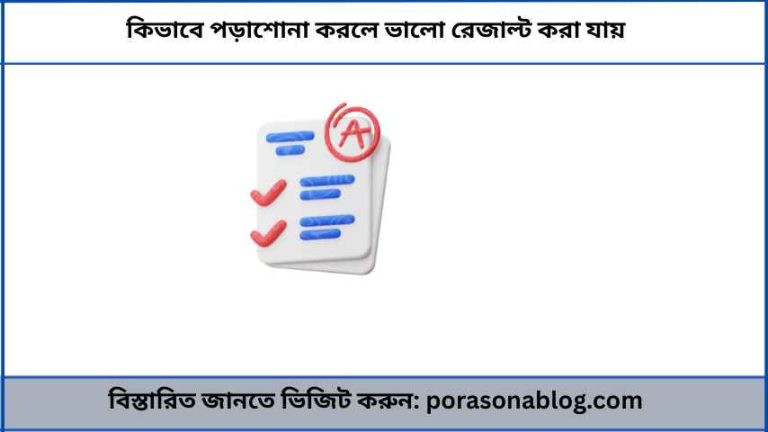What Education Do You Need to Become an Insurance Agent?. Curious about what education you need to become an insurance agent? Discover the essential steps & skills to launch your successful career in this guide!

Introduction to Insurance Agent Education
If you’re considering a career as an insurance agent, you might wonder, What Education Do You Need to Become an Insurance Agent? It’s a question I asked myself several years ago when I first thought about entering the field. Through my experiences & research, I discovered the significant educational & training pathways available to aspiring agents. While a formal degree isn’t always a strict prerequisite, having the right education & qualifications can certainly enhance your career prospects & allow you to serve your clients better. This article aims to provide a comprehensive overview of the necessary educational requirements, certifications, & skills needed to succeed in this dynamic profession.
Educational Background: High School Diploma vs. College Degree
To start a career as an insurance agent, at a minimum, you typically need a high school diploma or equivalent. This foundational education equips you with essential communication skills & basic business knowledge. Be that as it may, pursuing higher education can offer substantial advantages in this competitive field. Many insurance companies prefer candidates with a college degree, particularly in disciplines such as business administration, finance, or economics. These degrees provide a solid grounding in financial principles & the economics of risk, both of which are crucial in the insurance industry.
The table below outlines the differences between entering the field with a high school diploma versus a college degree:
| Qualification | Advantages |
|---|---|
| High School Diploma | Basic entry-level positions available, lower educational costs. |
| College Degree | Higher earning potential, more job opportunities, greater credibility. |
In many states, pursuing a degree in insurance or risk management can significantly enhance your knowledge of the industry. These specialized programs often cover the essentials of underwriting, actuarial science, & the legal aspects of insurance, preparing you for a wide range of roles within the sector.
Licensing Requirements for Insurance Agents
In addition to formal education, most states require insurance agents to obtain a license to sell insurance products. Licensing requirements vary by state but typically involve passing a state examination & completing a minimum number of pre-licensing education hours. Most states offer licenses for various insurance types, including life, health, property, & casualty insurance.
The licensing process generally includes:
- Completing required pre-licensing courses.
- Passing the licensing exam.
- Submitting fingerprints & undergoing a background check.
Upon achieving licensure, agents often need to complete continuing education courses regularly to maintain their licenses. This ensures they stay updated on the latest rules, regulations, & product innovations in the industry. Different states impose varying continuing education requirements, so aspiring agents should accurately track their obligations.
Essential Skills for Insurance Agents
The question of What Education Do You Need to Become an Insurance Agent? extends beyond academic qualifications. Successful insurance agents possess a diverse skill set. Here are some key skills that can enhance your performance in this role:
- Communication: Strong verbal & written communication skills are vital to explain insurance products clearly & effectively.
- Sales: The ability to persuade & sell is frequently the crux of a successful insurance career.
- Customer Service: Providing excellent customer service helps build long-term relationships with clients.
- Analytical Thinking: Capability to analyze a client’s needs & match them with the right insurance products.
Professional Certifications & Specializations
While not mandatory, earning professional certifications can significantly boost your credibility & make you more appealing to potential employers & clients. Certifications demonstrate your expertise & commitment to the field. Here are some reputable certifications to consider:
- Chartered Property Casualty Underwriter (CPCU): This designation focuses on property & casualty insurance knowledge & demonstrates expertise.
- Certified Insurance Counselor (CIC): This program helps agents develop their sales skills & understanding of insurance concepts.
- Life Underwriter Training Council Fellow (LUTCF): This applies primarily to those selling life insurance products & ensures comprehensive training.
Obtaining these certifications often requires completing specific coursework, passing exams, & gaining practical experience. As highlighted by Arne Schulist,
The insurance industry is as much about trust as it is about talent; education builds that trust.
Therefore, pursuing these credentials can help establish a solid reputation in your community.
Gaining Experience Through Internships & Entry-Level Positions
To achieve success in insurance, gaining hands-on experience can be invaluable. Internships & entry-level positions offer a glimpse into the day-to-day responsibilities of an insurance agent. Many companies provide internship programs to college students, often leading to full-time job offers upon graduation. During internships, you can learn from established professionals, develop essential skills, & grasp the nuances of the industry.
Entry-level roles may include positions such as:
- Insurance Sales Assistant
- Claims Associate
- Customer Service Representative
These roles will allow you to understand the insurance products better, the processes involved, & how to interact with clients effectively. As a result, you’ll be better prepared when you step into a full-fledged agent role. It’s worth noting that many successful agents start their careers in these supportive positions before advancing to roles where they sell policies directly.
Networking & Professional Organizations
Networking is crucial in building a successful career as an insurance agent. Engaging with professionals in the field can lead to internships, job opportunities, & mentorships. Joining professional organizations related to insurance, such as the National Association of Insurance Agents (NAIA) or the Society of Financial Service Professionals (FSP), can provide access to valuable resources & networking events.
These organizations often host conferences, workshops, & educational events designed to enhance your knowledge & connect you with peers. Participating in these gatherings can lead to lifelong professional relationships & a deeper understanding of current trends & practices in insurance.
FAQs about Becoming an Insurance Agent
Do I need a college degree to become an insurance agent?
While a college degree is not strictly required to become an insurance agent, possessing a degree can enhance your job prospects & earning potential. Many employers prefer candidates who hold at least an associate’s degree in business or a related field.
What licenses do I need to sell insurance?
Insurance agents must obtain a state-specific license to sell insurance policies. The details may vary by state, but generally, you will need to pass a licensing test & fulfill pre-licensing education requirements.
How do certifications enhance my career as an insurance agent?
Certifications can help you stand out among competitors, showcasing your expertise in specific areas of insurance. They signal to potential clients & employers that you are knowledgeable & committed to your profession.
What skills are important for success in insurance sales?
Successful insurance agents often possess strong communication skills, sales acumen, customer service expertise, & analytical thinking. Continuous development of these skills can lead to a fruitful career in this field.
Conclusion
In summary, achieving a successful career as an insurance agent largely hinges on understanding What Education Do You Need to Become an Insurance Agent? & equipping yourself with the necessary licenses, certifications, & skills. Whether you choose to pursue a degree, acquire relevant licenses, or engage in professional development training, shaping your journey requires a commitment to learning & networking. With the right foundation & experience, you can significantly enhance your career prospects within the diverse field of insurance.






